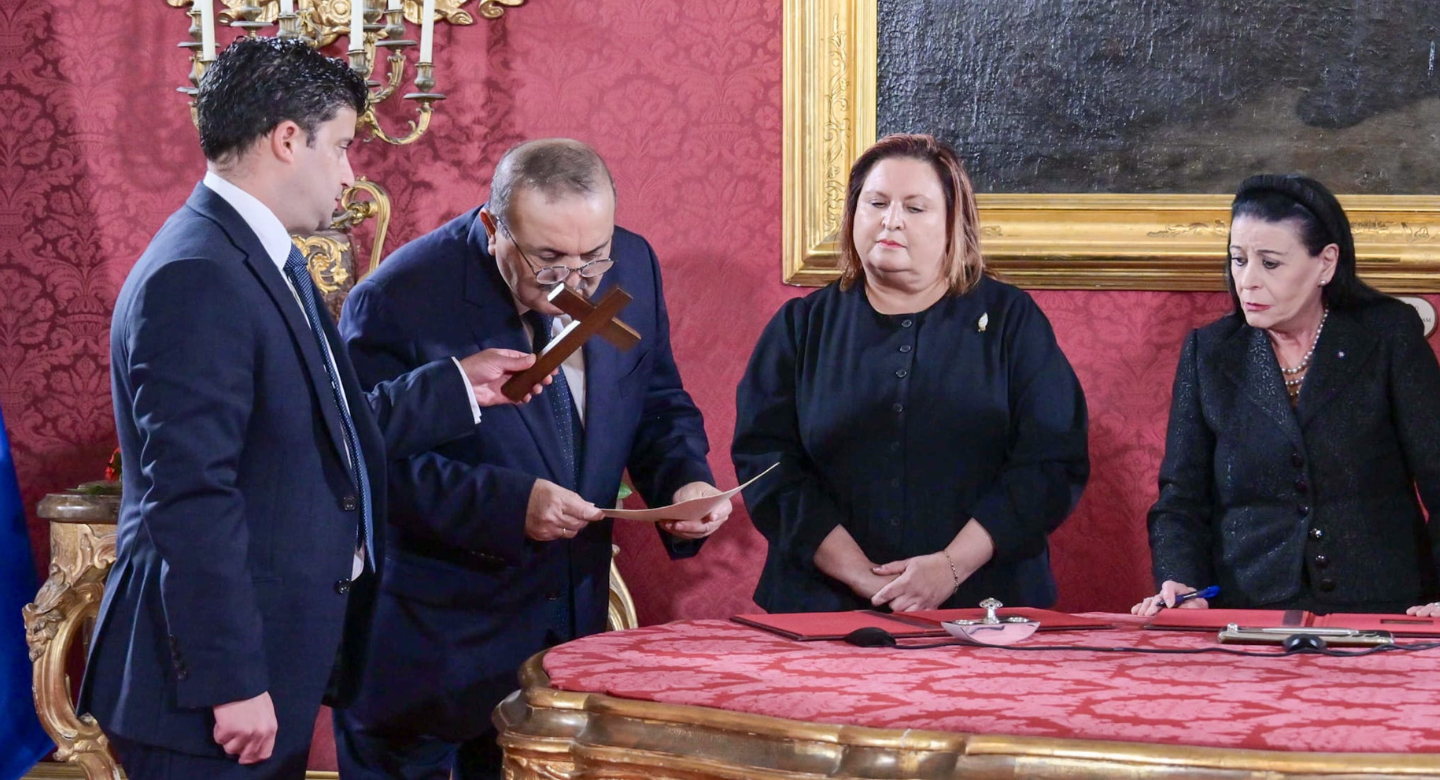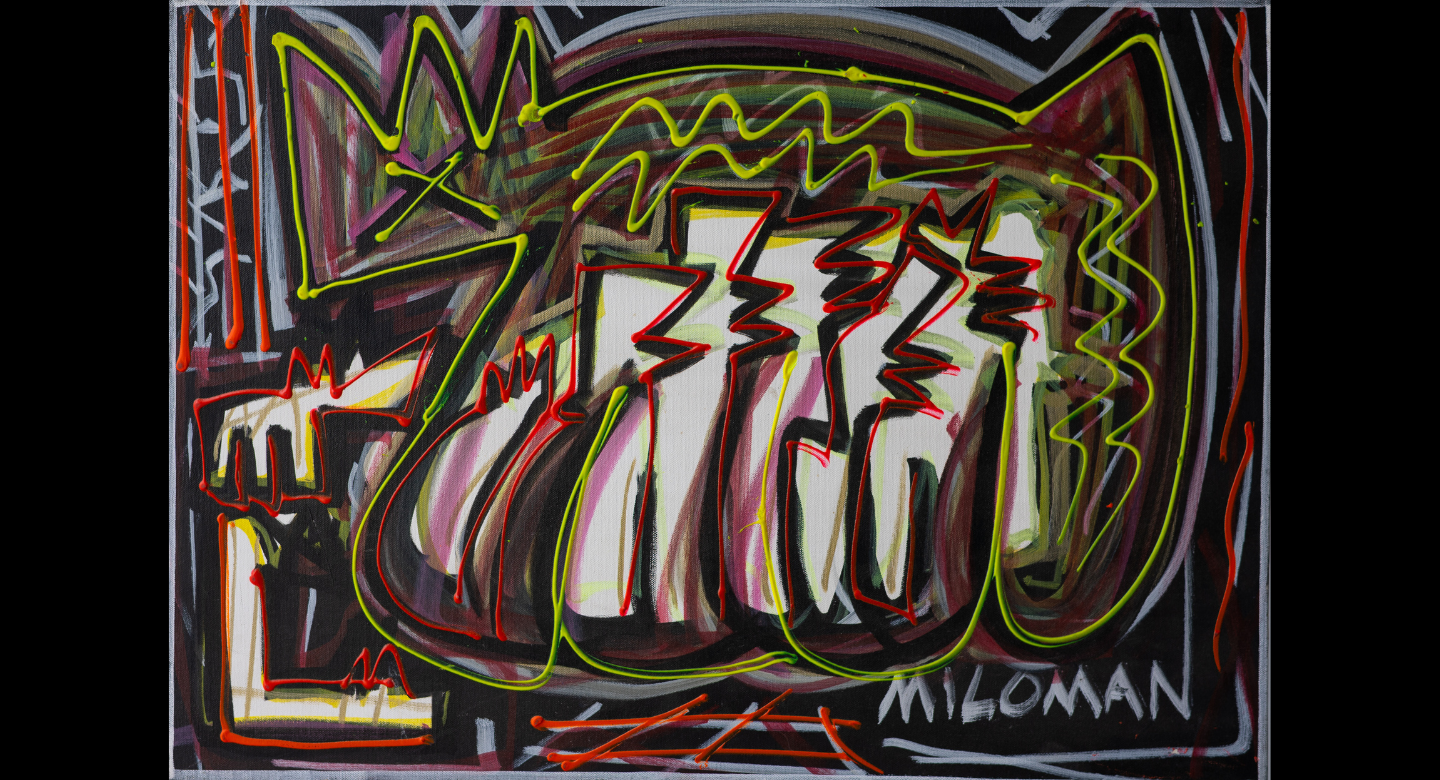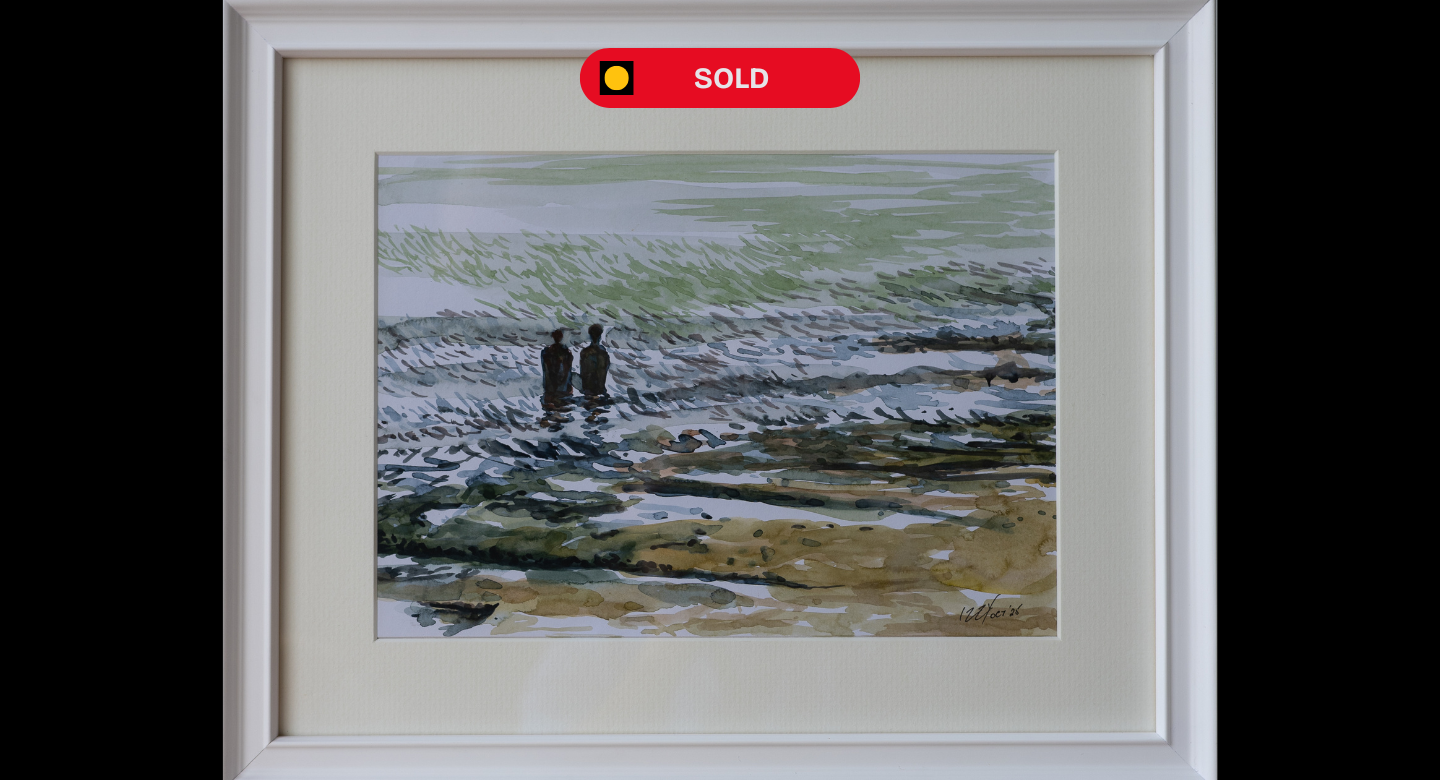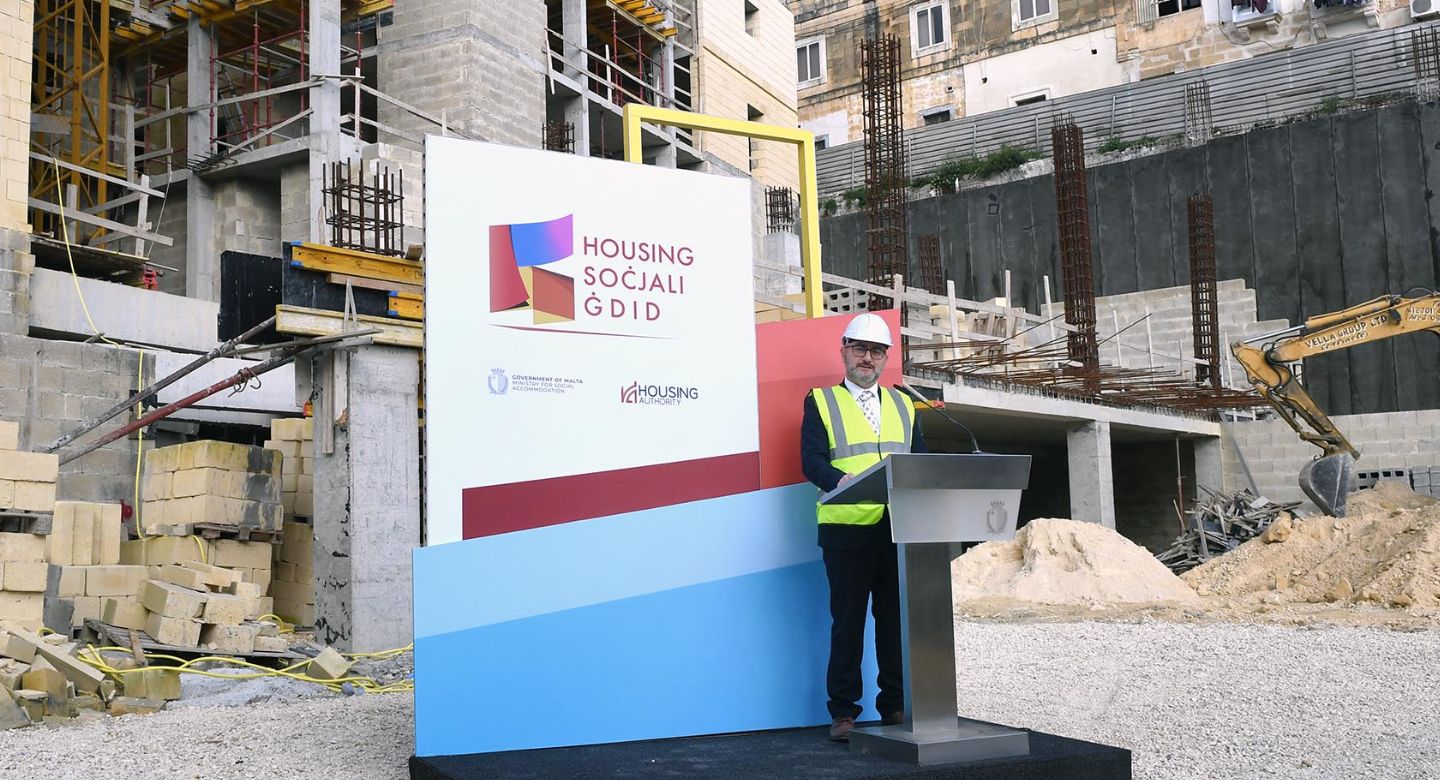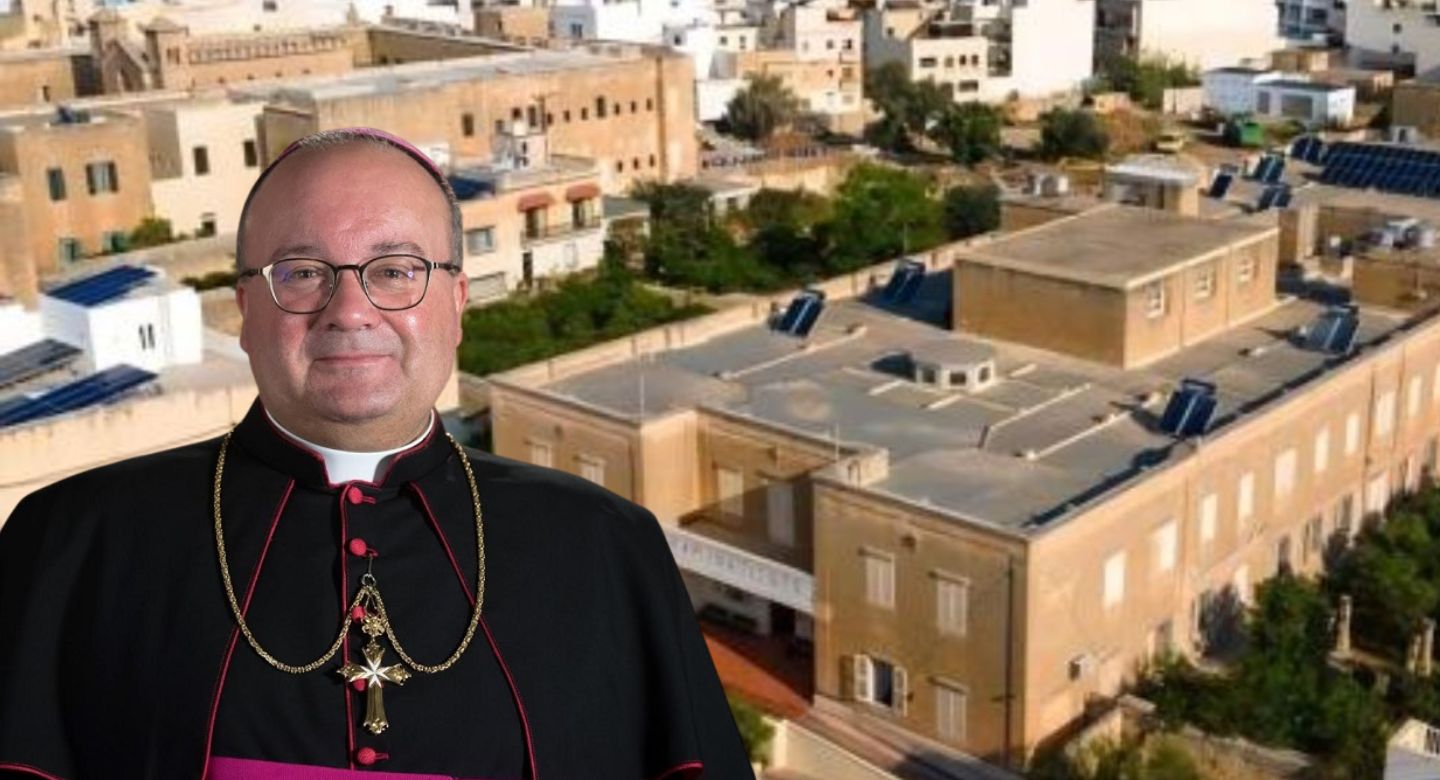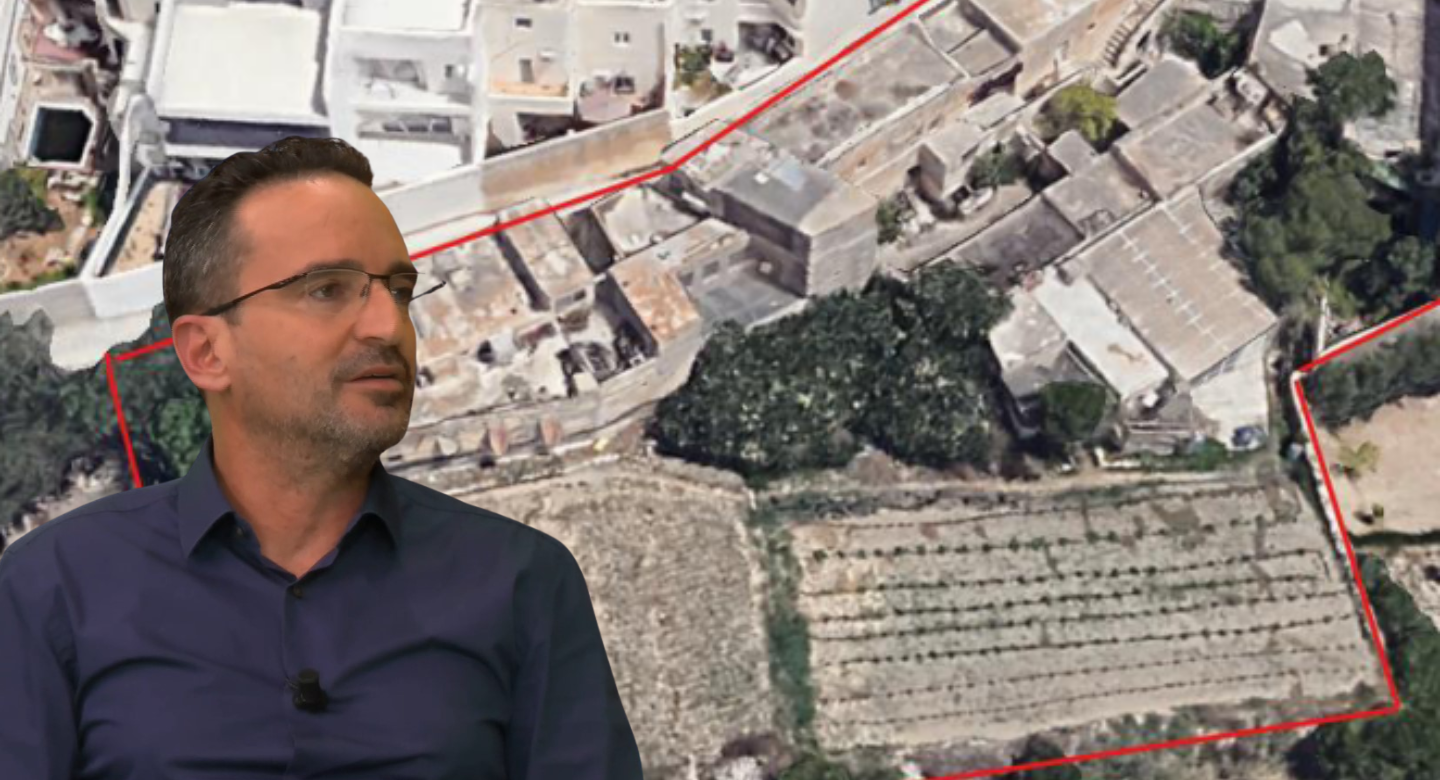Latest News
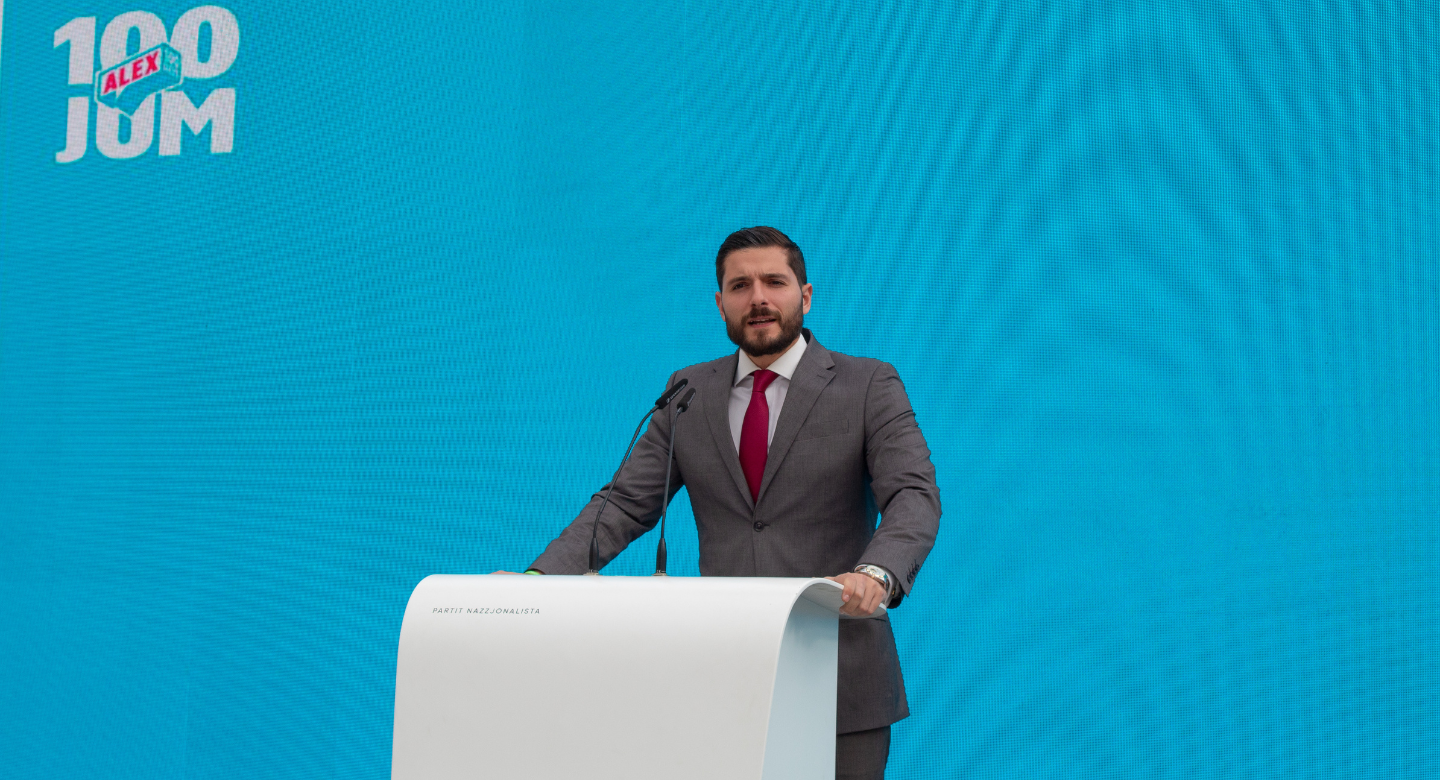
PL and PN end 2024 with heavy financial burdens and no donor transparency
Though their day-long telethons might have made you think otherwise, both the Labour Party and the Nationalist Party end..View More

Two sports organisations being scrutinised by authorities
Two local sports organisations, the Malta Modern Pentathlon Association (MMPA) and Malta Sports For All (MSFA), are curr..View More

Unqualified personnel deciding on multi-million-euro cancer treatment tenders at health ministry
Malta’s Health Ministry is using unqualified staff to evaluate multi-million-euro tenders for cancer medicines and oth..View More
ART FOR THE SHIFT 2025
Top Stories
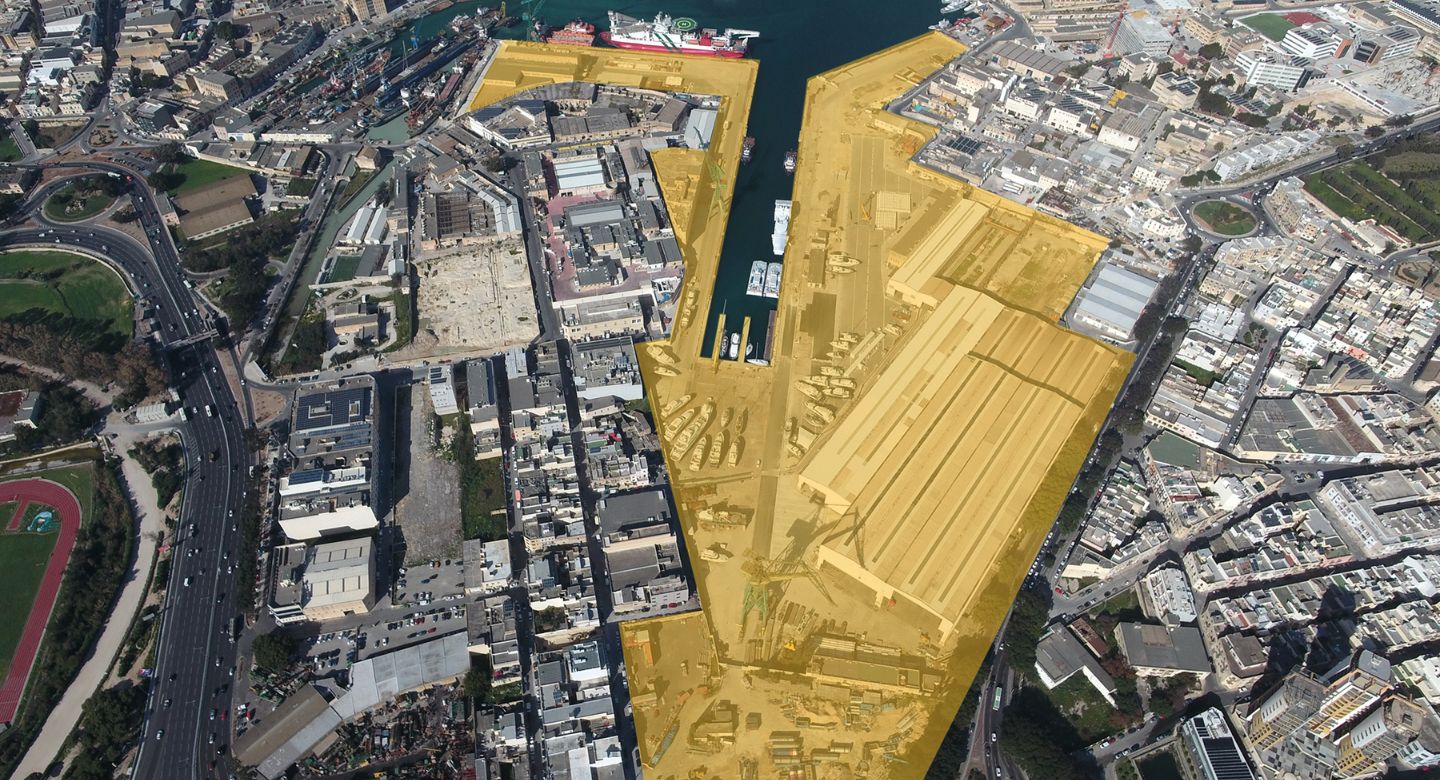
Investors withdraw from MMH rescue talks as €15 million bond risk deepens
A third attempt to avert a potential default on €15 million in bonds issued by Mediterranean Maritime Hub (MMH) has co..View More
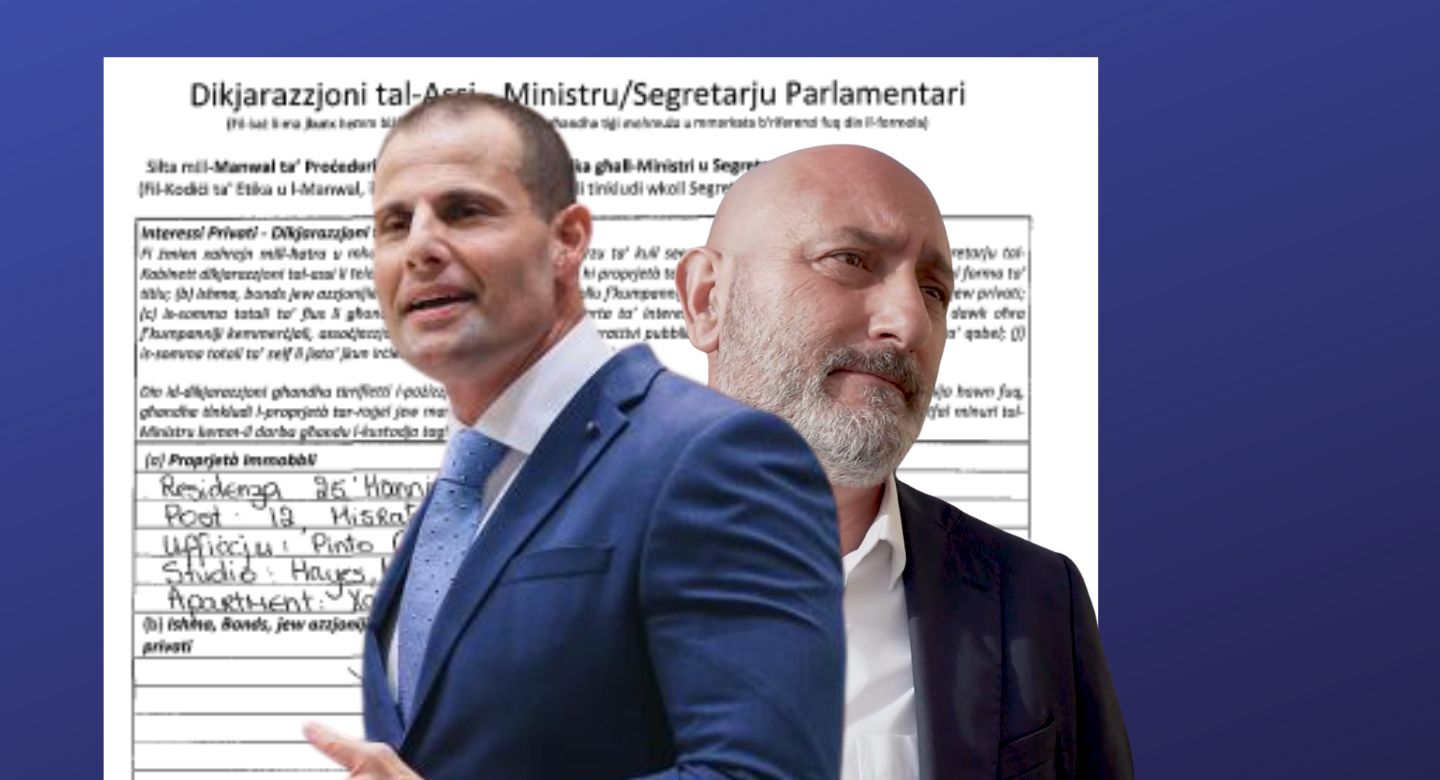
Minister failed to declare discounted penthouse in Cabinet asset declarations
Social Housing Minister Roderick Galdes is facing increasing pressure after it emerged that a penthouse he purchased at ..View More

Owen Bonnici retains aide who admitted to social benefits fraud
Culture Minister Owen Bonnici is employing in his private secretariat a political canvasser who has admitted in court to..View More

Malita chairman quits as governance crisis escalates
Malita Investments plc is facing a deepening governance crisis after its newly appointed executive chairman, Johann Farr..View More

Dalli blocks information on Enemalta's missing €60 million
Energy Minister Miriam Dalli continues to block the release of information linked to a €60 million shortfall in carbon..View More

How to lose a country’s hospitals, blame everyone else, and call it good governance
Let me put the deck on the table: I haven’t read the whole flipping thing; my life probably isn’t long enough. But..View More

